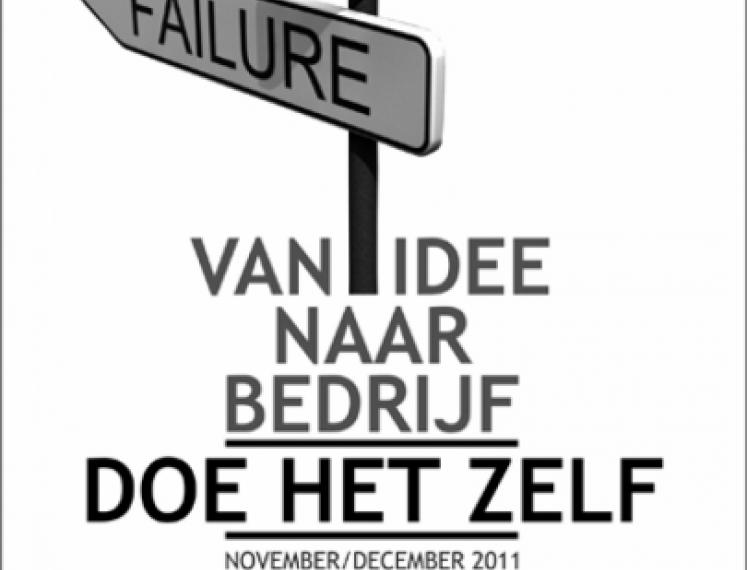Academy Building
Broerstraat 5
Groningen
Nederland
The End of Work as We Know It?
Not able to attend? Follow the livestream below!
Elevator operators, coal shovelers, lamp lighters: these are just a few of the many jobs that no longer exist. Capitalism and technological transformation have led to ceaseless upheaval in the world of work. Good jobs become gig jobs, factories empty, and the office becomes an assembly-line. But work as we know it is a relatively recent invention. Today we are witnessing a new chapter in the history of work, as capital deploys the latest technologies, like social media, where activities as basic as friendship are turned into profit-making labour for big tech. Far from lessening the burden, these technologies are helping to turn even the experience of mere selfhood into work.
Historian Jason Resnikoff dives into the origins of modern work and the technologies that have abetted its expansion into the most intimate corners of daily life. How have the workplace and our working life changed over recent history? What role have automation and AI played in the evolution of work? And will work -as we know it- still exist in the future?
Jason Resnikoff is Assistant Professor of Contemporary History at the University of Groningen. Formerly an organizer for the United Auto Workers, he is the author of Labor’s End: How the Promise of Automation Degraded Work. His writing has appeared in Jacobin, Labor, International Labor and Working-Class History, Paris Review, Los Angeles Review of Books, and elsewhere.





